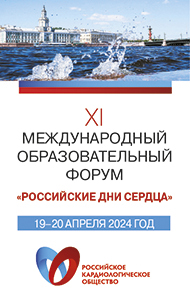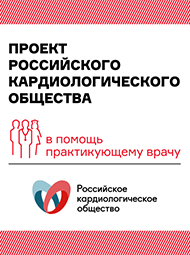Aldosterone blockade fails to improve outcomes in acute MI patients without HF
The early addition of aldosterone inhibition to standard care for patients with acute MI without HF did not reduce the risk for adverse outcomes, according to results from the ALBATROSS study presented at the European Society of Cardiology Congress.
However, patients with STEMI in this population exhibited a significant reduction in mortality when treated with mineralocortoid receptor antagonists, according to the researchers.
The open-label trial included 1,603 patients with acute MI who were randomly assigned to standard care alone (n = 801) or with the addition of aldosterone inhibition via 200 mg IV potassium canrenoate followed by once-daily 25 mg oral spironolactone, a mineralocortoid receptor antagonist, for 6 months (n = 802). Patients were randomly assigned as early as possible, including inside the ambulance in some cases, within 72 hours of MI. The majority of patients (92%) did not present with HF, according to a press release.
The primary endpoint was a composite of death, cardiac arrest with resuscitation, ventricular arrhythmia, need for a defibrillator or HF, with follow-up of up to 6 months (median 118 days). Incidences of individual elements of the primary endpoint also were assessed separately.
Gilles Montalescot
At a presentation here, Cardiology Today’s Intervention Editorial Board member Gilles Montalescot, MD, PhD, said the two groups did not differ significantly with regard to the primary endpoint (11.8% for the treated group vs. 12.2% for controls; HR = 0.97; 95% CI, 0.73-1.28). Aldosterone inhibition also did not influence the rate of ventricular arrhythmia (5.6% of patients vs. 6% with standard therapy alone; P = .75), HF (5.9% vs. 5.6%; P = .85), repeat MI (0.6% vs. 1%; P = .39) or death or cardiac arrest (1.6% vs. 2.4%; P = .28).
However, Montalescot noted, analysis of prespecified subgroups indicated a significantly reduced risk for mortality among patients with STEMI who received aldosterone inhibition (HR = 0.2; 95% CI, 0.06-0.69 vs. controls). Montalescot, professor of cardiology and head of the department of cardiology at the Pitié-Salpêtrière Hospital in Paris, said this reduced mortality risk was an “intriguing” and “hypothesis-generating” finding that warranted confirmation in further study.
The researchers also noted that the treatment regimen was relatively safe, with similar rates of adverse events. Patients who received aldosterone inhibition had higher rates of hyperkalemia (3% of patients vs. 0.2%; P < .0001); however, Montalescot said, the observed rate among treated patients was “actually lower than what we would have expected.”
“Despite a strong preclinical rationale and favorable clinical data from registries and small randomized studies … the results of the ALBATROSS study do not warrant the extension of aldosterone blockade to MI patients without HF,” he concluded. – by Adam Taliercio
Source: www.healio.com






